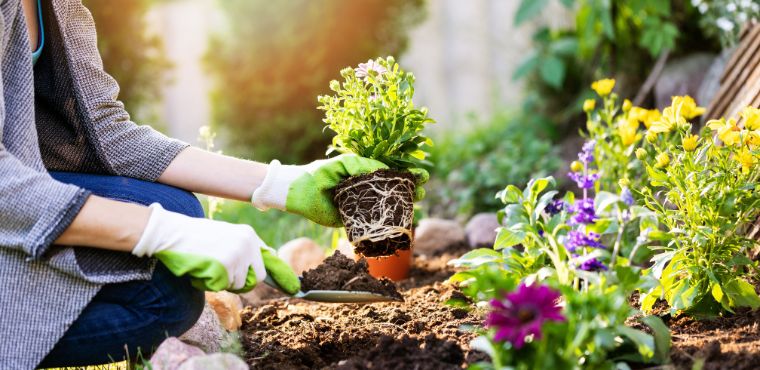Organic matter needs a healthy foundation to thrive. Whether you’re growing crops on your farm or tending to a private garden, fertile soil can make or break your harvest. At some point, you’ll likely struggle to keep your soil rich with nutrients.
You’ll know you have a problem when your plants look worse for wear. Look out for small fruits, drooping flowers, and a lack of moisture. If you notice any of these signs on your land, use our tips for improving the quality of your soil.
Implement a Rotation Schedule
If you want to maximize your grain harvest yield, you need to implement a crop rotation schedule. Growing the same thing on the same patch of land year after year will deplete its vital nutrients. Plant nitrogen-rich crops between your regular harvest to give life back to the Earth.
Rotating crops isn’t just for commercial farmers; it also helps your private garden. Try growing different produce to shake things up in your kitchen. Your home-grown fruits, herbs, and vegetables will thank you for the change.
Create Permanent Pathways
Soil needs room to breathe. Walking in your garden compacts soil, preventing water and nutrient dispersion and absorption. It also prevents root growth and kills essential microbiological activity—all things your crops need to survive.
To improve the quality of your soil, create permanent pathways in and around your land. Define safe walking areas with clovers, wood chips, and gravel. You can build a border around your personal garden to keep people off the soil.
Perform a Soil Test
If you’ve tried these techniques and see little improvement, you’ll need to do some digging. Sometimes, it’s less about your cultivation methods and more about your soil’s chemical makeup. You should perform a soil test to determine what your land is lacking.
Soil tests are accessible and easy to do. The readings will provide valuable information about pH balances, lead content, and organic matter. With this data at your disposal, you can make better decisions to encourage healthier soil.
Add Nutrients With Compost
Once you’ve performed a soil test, you can introduce the right nutrients. The most sustainable way to do this is by composting. Decomposing organic matter works wonders in personal and commercial gardens; you can even compost at home to create fuel for your crops.
Composting solves nearly any problem your soil test identifies. Compost adds nutrients, balances pH levels, and feeds microorganisms responsible for nitrogen production. Adding organic matter to your soil also helps with water retention and decompaction.
Improving your soil is all about trial and error. Taking preventative measures will ensure abundance every single season. With these tips, you’ll create better conditions for yourself and the surrounding environment.







